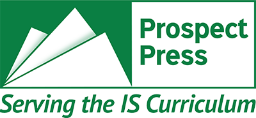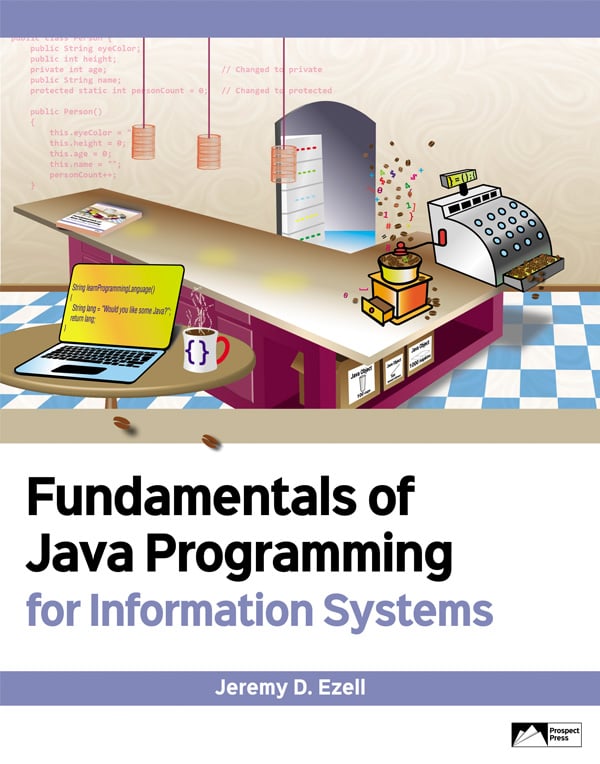Bulk Paperback Orders
Bookstores may order paperbacks in bulk directly from RedShelf by going to the following link. Please contact customer support for additional information.
RedShelf (paperbacks): PO@RedShelf.com
BNED stores
Follow your usual ordering procedures.
Frequently Asked Questions
Individual Paperback Orders
To purchase an individual book, go to the Prospect Press webpage for that book and follow the link to RedShelf or go directly to the RedShelf website using the link below, search for the title, and order there.
Bulk Paperback Orders
To purchase paperbacks in bulk contact RedShelf using the link below:
PO@Redshelf.com
If you have any particular questions about bookstore orders please contact Beth.Golub@ProspectPressVT.com.




